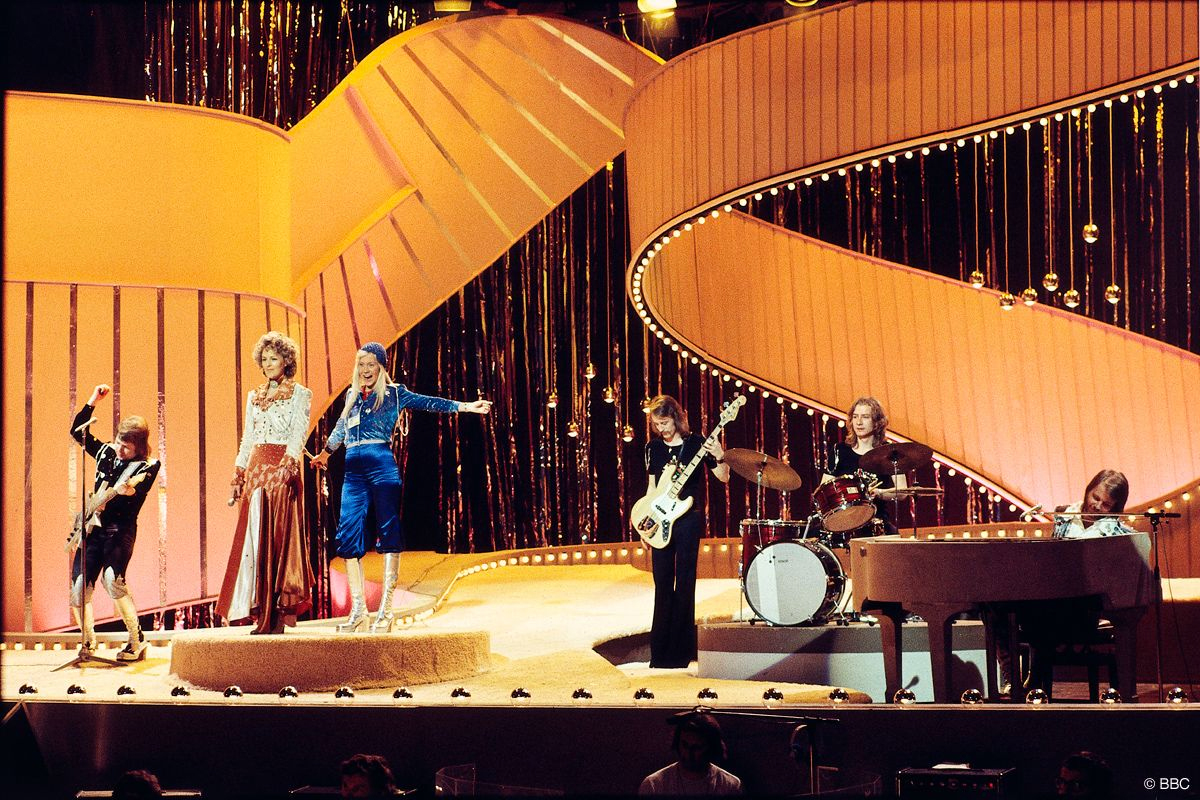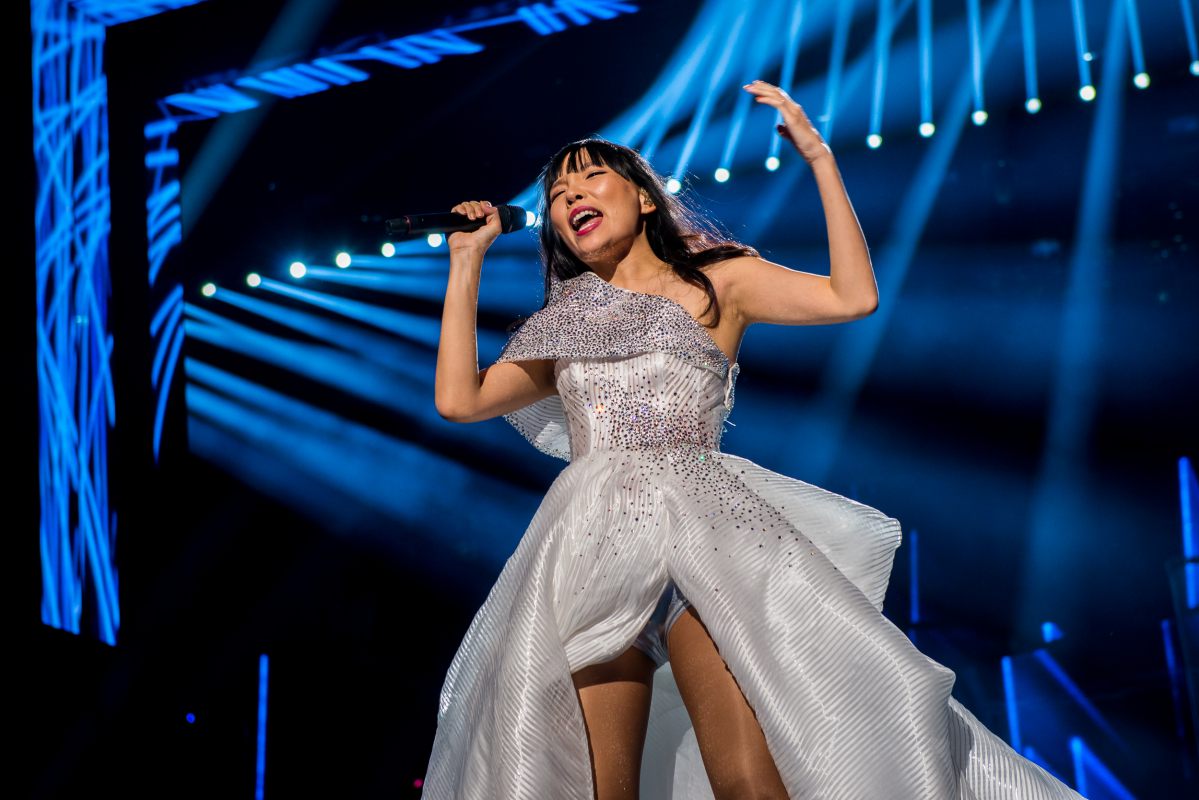The Eurovision song contest, the international songwriting competition that takes place annually in Europe, has been going strong since 1956. The competition – that introduced the world to the iconic band ABBA – is beloved globally for featuring rather kitsch performances.
Eurovision started being broadcast in Australia in 1983 and for over thirty years Aussies have loved watching the contest – proven through the impressive viewership numbers produced each year. In fact, Australians love Eurovision so much, that in 2015 – Eurovision’s 60th anniversary – Australia was offered a special one-off chance to compete as a sort of ‘thanks for supporting us’ token of gratitude.
Guy Sebastian was chosen to represent Australia and he automatically qualified for the Grand Final as per the terms of the one-off arrangement. Sebastian ended up placing fifth with his song Tonight Again and, really, that should have been that.
However, Australia has continued to compete in Eurovision every year since 2015 (aside from 2020 when the contest was cancelled entirely because of COVID-19). Which begs the question: why? The contest is called Eurovision. It’s traditionally for European contestants, right?
Well actually, Eurovision is run by the European Broadcasting Union (EBU) and all member stations are entitled to compete in Eurovision. Therefore, over the years, countries like Israel and Morroco – countries that are not a part of Europe – have competed in Eurovision simply because those countries have broadcasters that are members of the EBU.

Australia, for instance, has been allowed to enter Eurovision from 2016 onwards because SBS – the broadcaster that airs Eurovision in Australia – is a member of the EBU. So, essentially we’re allowed in Eurovision because we pay the organisers a membership fee and entering Eurovision is like a benefit of said membership.
But here’s where things differ for Australia. For those unfamiliar with Eurovision, the winning country always hosts the competition the next year. As an example, this year, Eurovision is being held in Turin, Italy because the Italian band Maneskin won last year.
However, in the event that Australia wins Eurovision, the competition will not be held here the next year. Australia must choose another country that is a member of the EBU and regularly competes in Eurovision to host, and the idea is that Australia will ‘co-host’ with whatever country we choose.
This seems fair in the sense that it is a long flight from anywhere in Europe to Australia. However, it seems unfair when you consider that even if we were to win, we then don’t get to reap the benefit of proudly showing off our country the following year – or the benefit of earning a hell of a lot of tourism dollars.
This is why I’m positive that Eurovision has been rigged to make sure Australia never wins and this potential controversy never arises. Because, I’m sorry but, Dami Im and her song The Sound of Silence shouldn’t have placed second in 2016; it should have won.
Plus, I also think Australia will never win because many are of the opinion that Australia competing in Eurovision is ridiculous and these people would probably start a riot if such a thing were to happen; seriously, people get very passionate about Eurovision…
Comedian Graham Norton even told The Sun UK that Eurovision should “get rid of Australia” and went on to say that while he understands there are other competing countries who are not a part of ‘Europe’, at least they’re close by – unlike Australia.
“I know some countries aren’t technically in Europe but, come on; Australia is on the other side of the world. I’ve got nothing against Australia. I just think it is kind of stupid.”
Graham Norton
Of course, this is all my opinion and who knows? Perhaps Australia will win Eurovision one day. Either way, I’ll still tune in every year and watch all the incredible performances and dramatic costume reveals.
Read Next
